
The OnePlus 9 is one of the biggest leaps over the previous mainline generation in recent years providing some major “core” improvements over the OnePlus 8, but we’re here to examine if an upgrade is actually worth it.
2021 is a landmark year for OnePlus. A new Hasselblad camera partnership, the loss of Carl Pei, and even closer ties with Oppo mean that it’s going to be hard to take it easy on the firm that offered “budget flagship” hardware.
We’re still unconvinced by a six-month release cycle, as the OnePlus 8T is still fresh in our minds. To simplify, if you have the 8T, then the OnePlus 9 is not enough of an upgrade. However, the jump from the OnePlus 8 to OnePlus 9 is more pronounced than any full series release. If you’re finding certain areas lacking then you might have been glancing at the newest releases — and so we’re here to examine if an upgrade is actually worth it.
Overview
Video — OnePlus 8 vs. OnePlus 9: Worth the upgrade?
Subscribe to 9to5Google on YouTube for more videos
Hardware
Without seeing the OnePlus 8 and OnePlus 9 side-by-side, it’s hard to decipher just what has changed. The specifications tell you that there are just a few fairly minor upgrades to areas such as the display and battery.
The upgraded storage and the new Qualcomm Snapdragon 888 chipset should provide a bigger performance bump when combined with a slightly faster 120Hz display refresh rate. That’s not to say the OnePlus 8 is slow, as it’s still a beast of a device that should still be able to do everything you would want to on a modern smartphone.
| OnePlus 8 | OnePlus 9 | |
| Size | 6.55 inches | 6.55 inches |
| Display | Curved FHD+/90Hz/402ppi | Flat FHD+/120Hz/402ppi |
| Chipset | Qualcomm Snapdragon 865 | Qualcomm Snapdragon 888 |
| RAM | 8/12GB RAM | 8/12GB RAM |
| Storage | 128/256GB/UFS 3.0 | 128/256GB/UFS 3.1 |
| Battery | 4,300mAh | 4,500mAh |
| Biometrics | In-display optical fingerprint scanner | In-display optical fingerprint scanner |
| Colors | Onyx Black/Glacial Green/InterstellarGlow/Polar Silver | Winter Mist/Arctic Sky/Astral Black |
Personally, I find the move to a completely flat display to be the biggest outright hardware change that I noticed. The curves on the OnePlus 8 display are not bad, but it does mean that finding a good screen protector is an issue and some edge mistouches can be a problem. A truly flat display is much better for usability.
The rest of the hardware is fairly similar but holding side-by-side, and you can see a refinement of the design used in 2020. A domino camera setup makes the OnePlus 9 look eerily similar to the iPhone 11, while the OnePlus 8 retains the OnePlus 7 Pro DNA and appearance.
Software
OnePlus has done well with guaranteeing software updates for at least three years on all existing devices. That is set to continue on the OnePlus 9 series but as an older smartphone, the OnePlus 8 won’t get updated quite as far.
Because it launched with Android 10 pre-installed, the OnePlus 8 will be supported up to and including Android 13. The newer device ships with Android 11, and is therefore in line to get Android 14 within its lifetime. Just how OnePlus plans on rolling things out is unknown, but while updates have slowed, they do arrive — which not every other Android OEM appears to be capable of.
| OnePlus 8 | OnePlus 9 | |
| Software | Shipped with Android 10 and OxygenOS 10 | Shipped with Android 11 and OxygenOS 11 |
| Features | Turbo Boost 3.0 Pro Gaming Mode Zen Mode Dark mode | Turbo Boost 3.0 Pro Gaming Mode Zen Mode 2.0 Dark mode w/ dedicated toggle |
Many core features found in OxygenOS 11 include an Always-on display, a brand-new UI look and feel, plus tons more. However, some software tweaks reliant on the enhanced camera hardware will not be available on the OnePlus 8 even with the stable OxygenOS 11 release.
Battery
There is only a modest 200mAh interal cell increase from the OnePlus 8 series to the OnePlus 9, but with that battery increase, we’re getting a few important improvements and long overdue battery-related additions.
| OnePlus 8 | OnePlus 9 | |
| Battery size | 4,300mAh | 4,500mAh |
| Charging speed | 30W wired | 65W wired 15W Qi wireless |
Wireless charging is finally here on a mainline OnePlus smartphone for the first time, albeit at standard 15W charging speeds. There is also a big bump from 30 to 65W charging on the OnePlus 9. The OnePlus 8 sticks with the still-fast Warp Charge 30T wired charging.
Cameras
The camera sensors have taken a big step up on the OnePlus 9, as although its predecessor comes with a 48-megapixel main sensor, it’s an older model that is the very same you’ll find on the OnePlus 7T. Naturally, the biggest upgrades are not just in the hardware on offer. The might of Hasselblad should lend itself well to the OnePlus 9 series and the ongoing partnership will hopefully birth some of the best smartphone cameras in the business.
| OnePlus 8 | OnePlus 9 | |
| Main sensor | Sony IMX586 48MP f1.75 aperture | Sony IMX689 48MP f1.78 aperture |
| Secondary sensor | 16MP f2.2 aperture 116˚ FOV | Sony IMX766 50MP ultra-wide-angle f2.4 aperture 113˚ FOV |
| Tertiary sensor | 2MP Macro f2.4 aperture | 2MP Monochrome |
| Front-facing sensor | Sony IMX471 16MP f2.0 | Sony IMX471 16MP f2.4 aperture |
| Camera hardware features | OIS EIS PDAF | OIS EIS PDAF |
| Camera software features | CINE aspect ratio video UltraShot HDR Micro Nightscape | Hasselblad Pro Mode Hasselblad UI tweaks Tilt-shift mode Nightscape |
It shouldn’t be a fair contest this year, as the OnePlus 9 has an upgraded main camera sensor plus a massive bump with a 50-megapixel ultra-wide-angle lens. The biggest problem has always been camera tuning and post-processing, and that was the case on the OnePlus 8.
The OnePlus 9 now includes Pro color tuning, courtesy of Hasselblad, with extras within the camera app itself including a dedicated Hasselblad Pro photography mode. Selfies should be practically identical in overall quality though, as both the OnePlus 8 and OnePlus 9 comes with the exact same 16-megapixel Sony IMX417 selfie sensor.
OnePlus 8 vs OnePlus 9: Should you upgrade?
About upgrading: 9to5Google often gives specific product recommendations. Sometimes, we may suggest not upgrading, due to various reasons including, but not limited to: increased device cost, negligible performance gains, or environmental impact. Whether to upgrade is always your call, but our aim is to help you make as informed a decision as possible.
As with just about any device just 12 months old, if you are happy with the OnePlus 8, then you shouldn’t upgrade to the OnePlus 9. There are a ton of big upgrades to the package though, which makes it much easier than in previous years. If you have an older OnePlus smartphone such as the OnePlus 6T, then it’s more sensible.
We all know that the camera has always been a weak point for OnePlus devices. The poor post-processing has weakened previous efforts and with a partnership with Hasselblad, you’re sure to see major improvements. The OnePlus 8 felt like it had lots of compromises over the OnePlus 8 Pro. The OnePlus 9 doesn’t feel held back.
It finally has wireless charging, a good camera, impressive design, 120Hz display, and it’s priced competitively. Because of that, upgrading feels more acceptable even though the OnePlus 8 is still less than a year old.
FTC: We use income earning auto affiliate links. More.
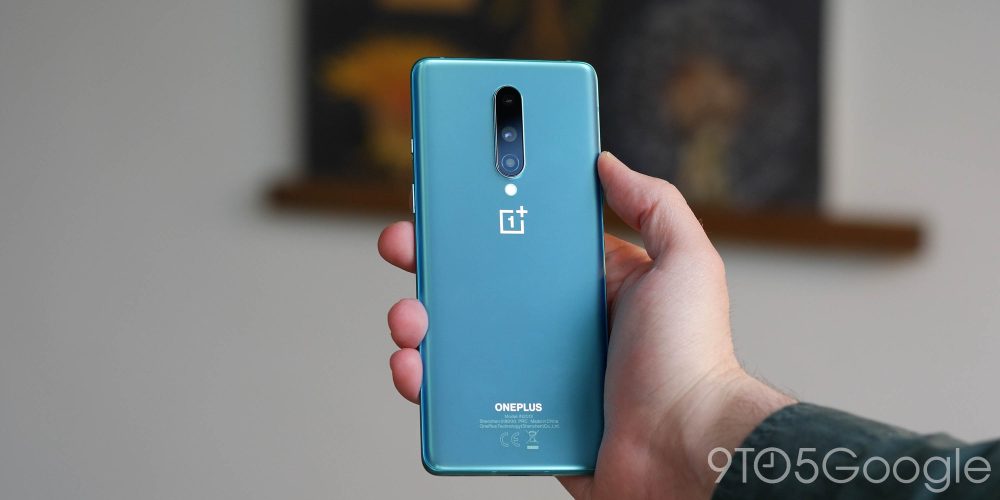
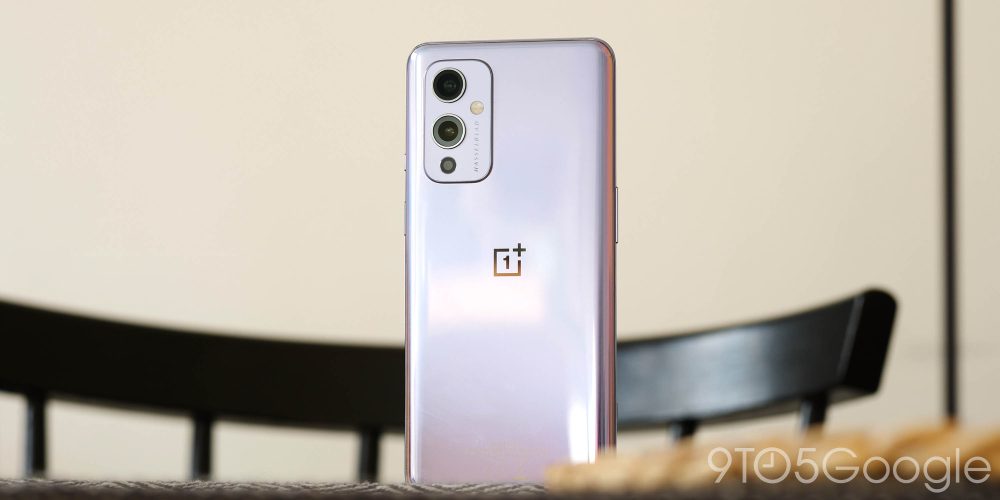
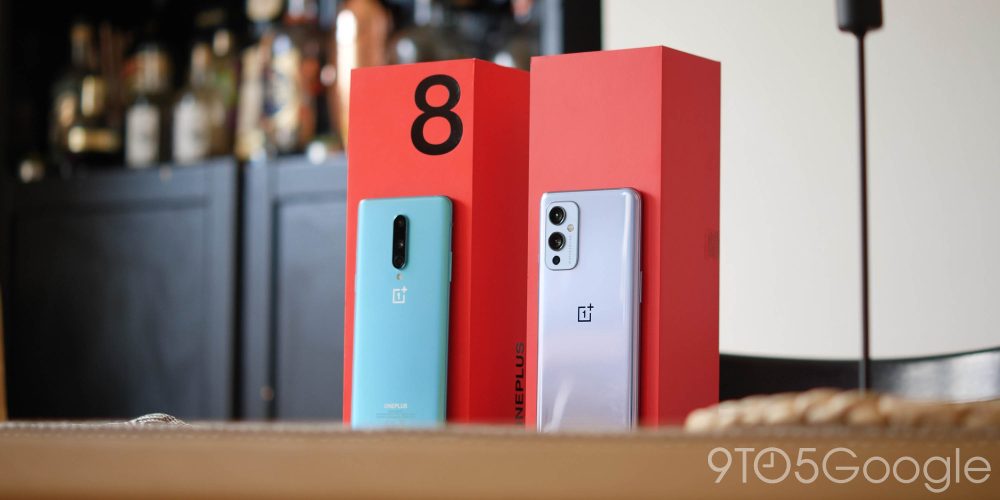
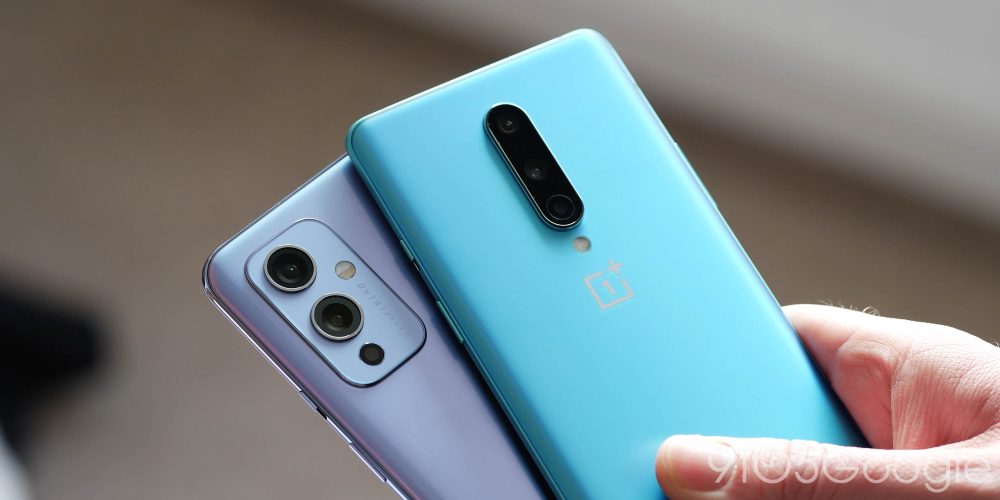
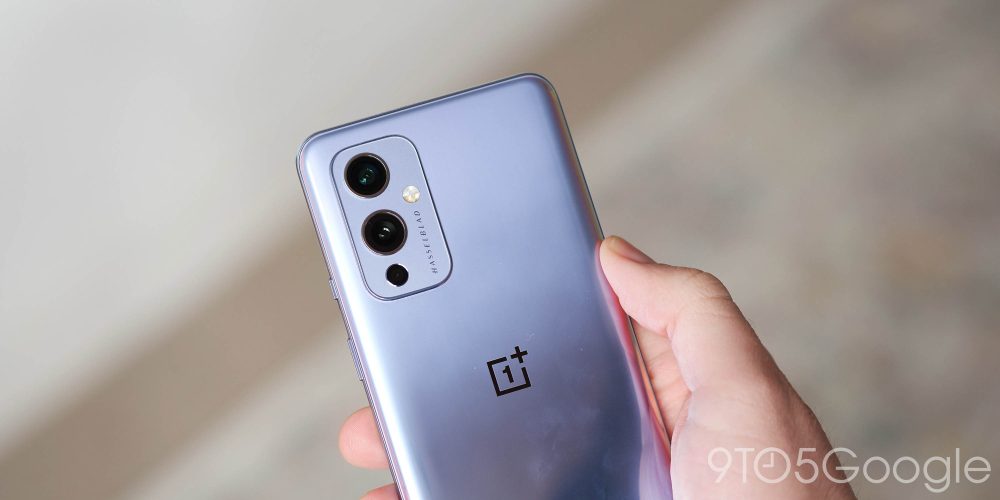
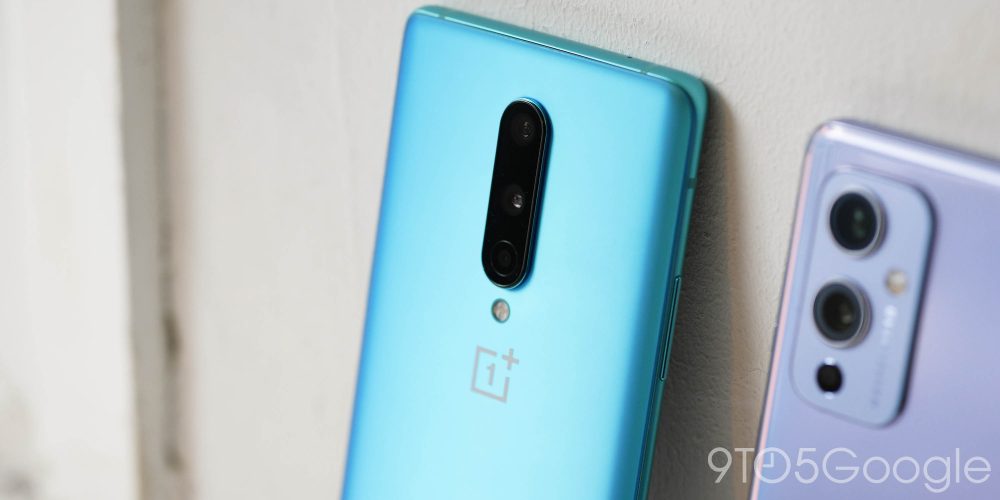




Comments